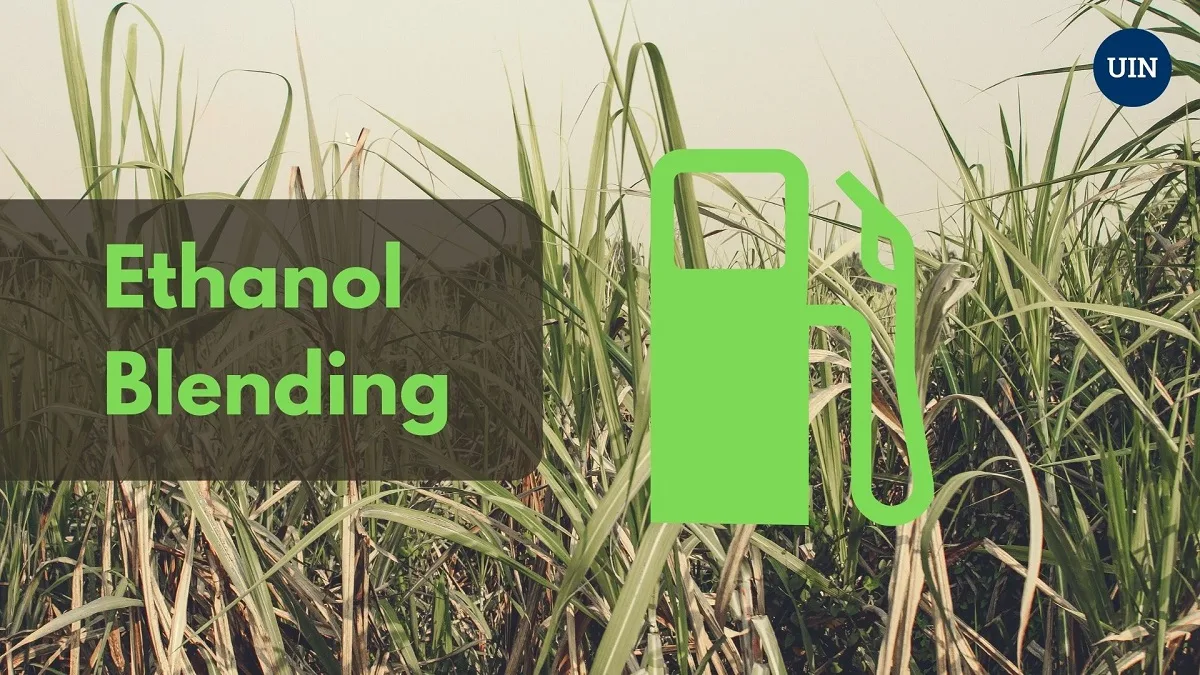
India's Ethanol Revolution: PM Announces Nationwide 20% Ethanol-Blended petrol by 2025
In a significant move towards sustainability and reducing dependence on fossil fuels, India has embarked on an ambitious journey to blend 20% ethanol with petrol nationwide by 2025. At a recent G20 Energy Ministers’ meeting, the Indian Prime Minister proudly announced the successful rollout of 20% ethanol-blended petrol in 2023. This milestone represents a giant leap forward for India’s ethanol production program, which has made remarkable progress in the past five years.
Table of Contents
Ethanol: A Cleaner Fuel Alternative
Ethanol, a 9% pure alcohol, serves as a cleaner and renewable biofuel that can be blended with petrol. Unlike rectified spirit or extra-neutral alcohol used in other industries, ethanol’s application in the transportation sector offers a promising solution to reduce carbon emissions and air pollutants. The production of ethanol from various sources, including sugarcane, corn, rice, and biomass, has garnered attention for its potential to reshape India’s energy landscape.
Diversification of Feedstocks
India’s ethanol production program has transformed from being heavily reliant on cane molasses to embracing diverse feedstocks such as rice, maize, jowar, bajra, and millet. This diversification has several implications, the foremost being the minimization of supply fluctuations and price volatility associated with a single crop. With new demand arising for grains used in ethanol production, states like Uttar Pradesh and Bihar, traditionally known for sugarcane and maize cultivation, respectively, can now contribute to “fueling India” in the same way Punjab, Haryana, or Madhya Pradesh “feed India.”
Making Diversification Possible: Differential Pricing and Innovation
The government’s intervention in the form of differential pricing for ethanol produced from various feedstocks has been instrumental in promoting diversification. This policy shift began in 2018-19 when higher prices were set for ethanol produced from B-heavy molasses and whole sugarcane juice/syrup. As a result, mills and distilleries found the flexibility and incentive to utilize multiple feedstocks, catalyzing a surge in ethanol production. From a mere 1.6% in 2013-14, the all-India average blending of ethanol with petrol has impressively reached 75% in 2022-23.

Byproduct Benefits: Turning Waste into Resources
The production of ethanol generates liquid effluent known as “spent wash,” which, if not treated properly, poses serious environmental challenges. However, innovative technologies such as multi-effect evaporator (MEE) units have come to the rescue. In these units, the spent wash is concentrated to about 60% solids, and the concentrated wash is used as a boiler fuel alongside bagasse (sugarcane fibre) in distilleries. This sustainable approach ensures that waste is turned into valuable resources, including boiler fuel and the production of fertilizer and animal feed.
Challenges and Concerns
While India’s ethanol program offers numerous benefits, it also faces some challenges. The increased demand for grains for ethanol production may impact food supply and prices, necessitating a delicate balance between fuel and food needs. Moreover, the utilization of non-traditional feedstocks presents environmental concerns, requiring stringent regulations and sustainable practices.
Government Initiatives: Fostering Ethanol Blending
The Indian government has played a pivotal role in promoting ethanol blending through various initiatives. The National Policy on Biofuels 2018, the E100 Pilot project, the Pradhan Mantri JI-VAN Yojana 2019, and the Repurpose Used Cooking Oil (RUCO) program are among the key steps taken to accelerate ethanol adoption and bolster the nation’s transition to cleaner energy.
Conclusion
India’s bold commitment to embracing ethanol-blended petrol signifies a decisive step towards achieving a sustainable energy future. The country’s ethanol production program has successfully diversified its feedstocks, paving the way for greater stability and reduced environmental impact. With innovative technologies and government support, the ethanol sector holds promise not only for reducing carbon emissions but also for providing new economic opportunities for farmers and industries alike. As India’s journey towards energy sustainability continues, the world watches in admiration and anticipation for the positive impact it can have on global climate goals.
Watch: Ethanol has become a priority for 21st century India, says PM





